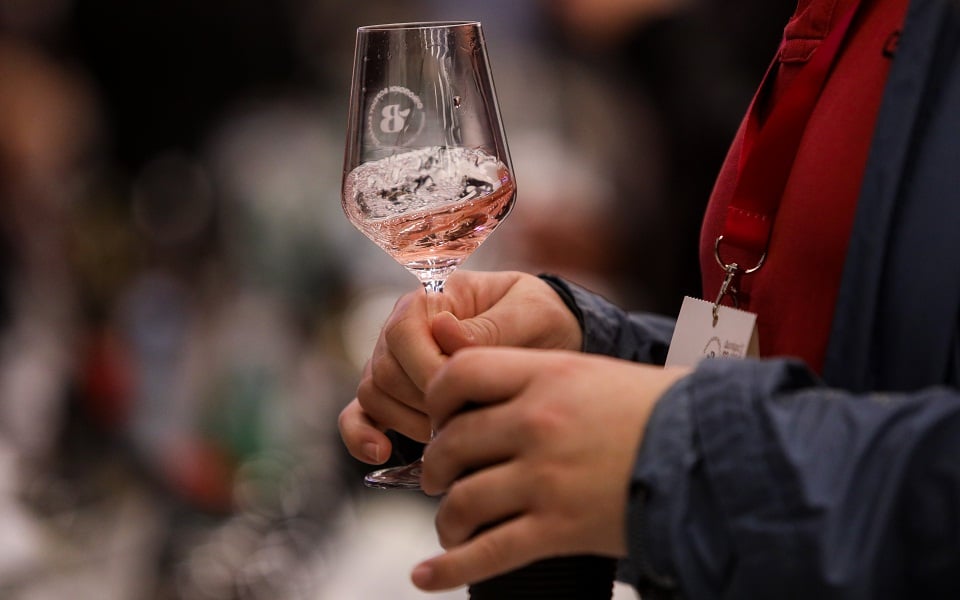Greek wine production is currently about 67% lower than it was 20 years ago, mainly due to the significant reduction in the Greek vineyard. Nevertheless, the share of Greek PDO (protected designation of origin) and PGI (protected geographical indication) wines, which are those with high added value inside and outside Greece, is increasing.
According to data from the Ministry of Rural Development and Food, 36.26% of total Greek wine production in 2024-2025 was PDO and PGI wines, while the corresponding percentage of Greek wine production in 2020-2021 was 25.84%. Is this real, and is it enough? The answer came on Thursday from the newly elected president of the Greek Wine Association, Stelios Boutaris, speaking at a working lunch: “We give the impression of being ‘big,’ which is reasonable considering the significant development steps that have been taken. However, if we look at the numbers and data, the truth is that the Greek vineyard is small (around 610 square kilometers, with a downward trend) and the size of its business is correspondingly small. The entire Greek vineyard is almost 1/5 of Bordeaux [i.e. not the entire French vineyard, but only one zone of it]. And the entire turnover of Greek wine, domestically and internationally, is smaller than the turnover of the Athenian Brewery [i.e. less than 400 million euros].”
A few more figures also reflect the state of the sector: the fragmented vineyard with an average size of 4,000 square meters and the high age of the winegrowers – 58 on average – without a strong tendency to renew its potential.
Meanwhile, the sector, as Boutaris mentioned, is facing a series of other challenges: “Complicated and outdated wine legislation, the absence of self-financing in contrast to other countries such as Austria and Portugal, high dependence on European co-financing especially for promotion abroad, increased international competition with new wine regions emerging such as Georgia or Great Britain – which due to climate change and rising temperatures now produces excellent wines, mainly sparkling – the decrease in consumption, especially in the new commons, and of course the Trump tariffs,” he said.

